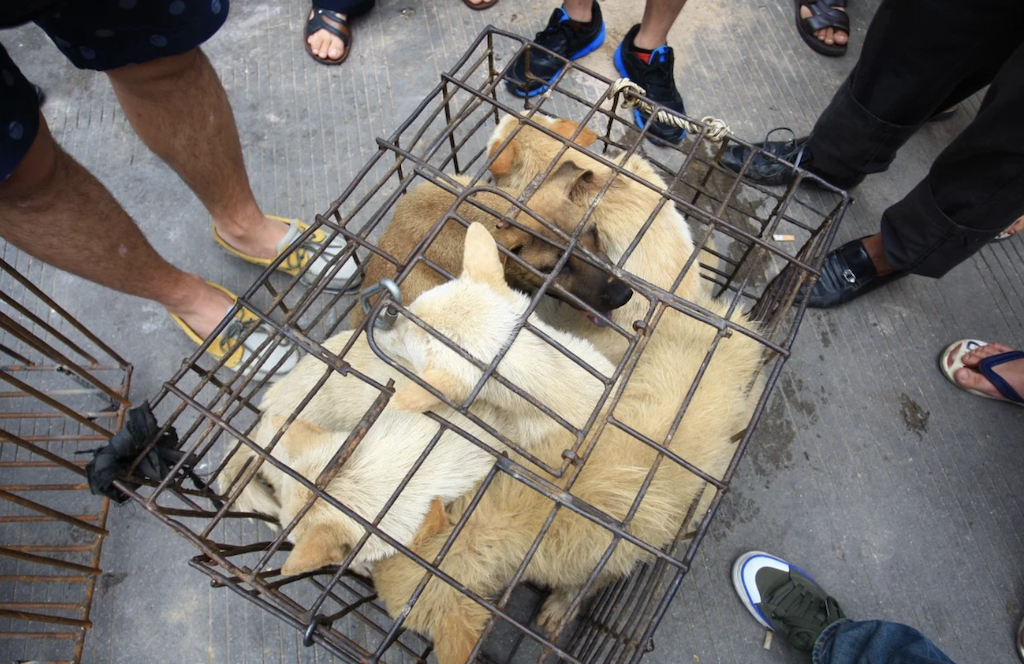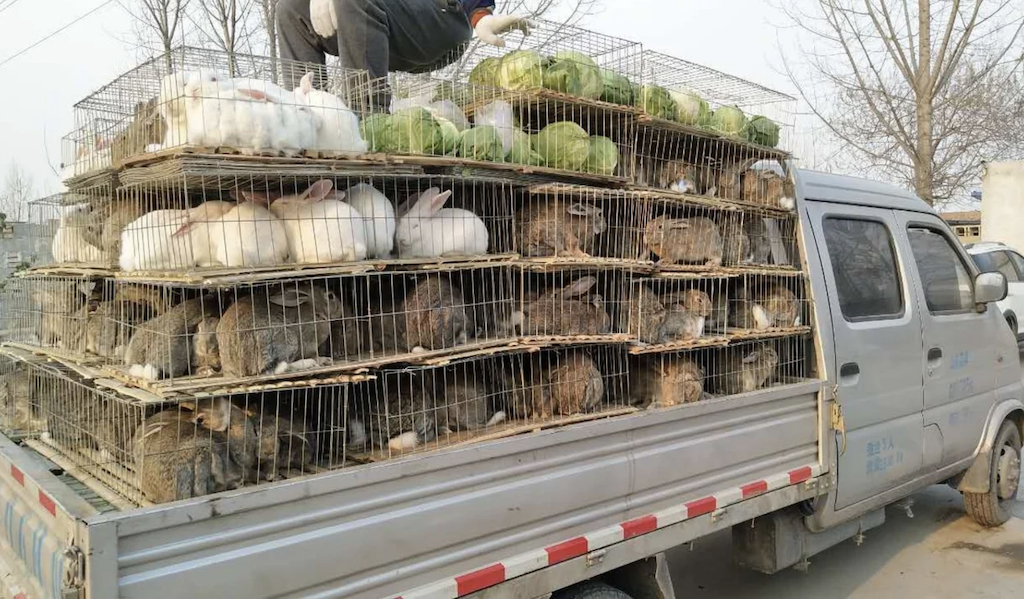4 Mins Read
The city of Shenzhen in China’s Guangdong province has become the first in the country to ban the sale and consumption of dog and cat meat. It follows the coronavirus outbreak that was linked to a seafood market in Wuhan that sold wild animals, which prompted national authorities to permanently ban the wildlife trade. Shenzhen will be enacting the ban on dog and cat meat on top of implementing the nationwide prohibition on the trade and consumption of wildlife.
Shenzhen authorities have recently announced that they will be banning the sale and consumption of cats and dogs for food from May 1 onwards, a law that will apply only to the city, which is a special economic zone of China. The new rule, under the Shenzhen Special Economic Region Regulation on a Comprehensive Ban on the Consumption of Wild Animals, follows China’s nationwide permanent shutdown of the US$74 billion wildlife industry in late February in response to the coronavirus outbreak.
According to animal welfare organisation Humane Society International (HSI), 30 million dogs are killed across Asia for consumption every year. Eating dog and cat meat is not widely practiced in China, but it is common in some such as Yulin and Guilin, both in the Southern parts of the country. HSI estimates that each year, 10 million dogs and 4 million cats are killed for meat in China.
In their announcement, the Shenzhen city government said: “Dogs and cats as pets have established a much closer relationship with humans than all other animals.”

The Shenzhen authorities also cited regulations in other countries as a reason for the move, saying that “banning the consumption of dogs and cats and other pets is a common practice in developed countries and in Hong Kong and Taiwan.”
Some conservationists have welcomed the move. Teresa M. Telecky, the vice president of the wildlife department at HSI told Reuters that “Shenzhen is the first city in the world to take the lessons learned from this pandemic seriously and make the changes needed to avoid another pandemic.”
Dr Peter Li, the China policy specialist of the HSI described the new regulation as a “watershed moment in the efforts to end this brutal trade”.
However, critics have also pointed out several contradictory policies on the wildlife trade in China. Most recently, China’s National Health Commission approved the use of bear bile as a traditional Chinese treatment for coronavirus patients. Bear bile is a digestive substance drained from live bears held in captivity, but the synthetic form of the medicinal acid has been widely available for years.
This has alarmed the scientific community, who point out that the World Health Organisation (WHO) has reiterated that there has yet to be any cure developed for Covid-19, and say that public health dangers will continue to exist if the illicit wildlife trade is not fully shut down.

Recent evidence has suggested that pangolins were the probable intermediary host of Covid-19 that had jumped to infect humans – and pangolins are sold illegally for their keratin scales, a common ingredient in traditional Chinese medicine. Previous outbreaks of coronaviruses have too been linked to the illegal wild animal industry, such as SARS, which the civet cat was believed to be the intermediary host, and MERS, which had been linked to camels.
Other loopholes in the nationwide wildlife ban include the exemption for medicinal and non-food purposes. This has made it difficult for e-commerce companies and delivery operators to restrict wildlife products that are advertised for traditional medicinal uses online.
Critics are also wary of the efficacy of Shenzhen’s ban on dog and cat meat, as it will still allow the consumption of both turtles and frogs. In addition, it will do little to regulate the live animal trade, with the new law clearly stating that eating pigs, cattle, sheep, rabbits, chickens, ducks, geese, pigeons and quails will still be allowed.
Researchers are now warning that the animal trade must also be scrutinised for its role in fuelling the risk of pandemics, not to mention its enormous environmental footprint in the midst of the climate emergency. As the global appetite for animal protein continues to grow, mass industrial livestock farming has become more widespread, which has increased the emergence of disease outbreaks.
Read our earlier news coverage of Covid-19 here & more news on animal rights here.
Lead image courtesy of Shutterstock.




